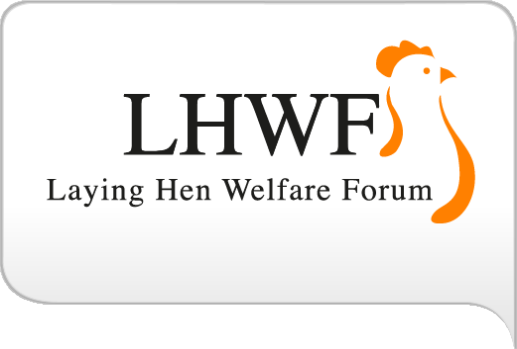Dried Egg Products

Dried egg products are a variety of stable, mixable products with a very long shelf life. They are available packaged in pouches, polypacks, boxes and large drums.
Types of products available
- Whole egg or yolk solids
- Free-flowing whole egg or yolk solids (with sodiumsilicoaluminate added as a free flow agent)
- Blends of whole egg and or yolk with carbohydrates (sugar or corn syrup) added
- Stabilised whole egg yolk solids
- Instant egg white solids
- Spray-dried egg white solids
- Enzyme modified yolk
- High whip egg white
Overview of process
Shelled eggs are washed, rinsed, sterilised and candled. They are then broken, separated automatically and checked for quality and flaws.
Liquid whole eggs and yolks are clarified, filtered and usually pasteurized before being spray-dried. To stabilise the product and preserve colour when dried, glucose is removed from egg whites before spray-drying.
In order to ensure that the dried egg does not harden and solidify, ingredients such as anti-caking agents, sugar or salt may be added to the mixture. Egg whites are often treated with whipping agents such as sodium lauryl sulfate, to ensure aeration properties on reconstitution.
Storage
Dried egg products should be kept at less than 10°C in a dark place. Once opened, containers of dried egg must be resealed to prevent contamination with moisture. Reconstituted egg should be used immediately or stored at 0°C to 10°C for no more than four days.
Latest information
News topics
Latest News
BEPA statement on EU egg shortage
BEPA statement on EU egg shortage following Fipronil crisis. The British Egg Products Association has highlighted that a number of factors are contributing to an EU-wide shortage of eggs for processing, something which is anticipated to continue beyond the first quarter of 2018. The continuing aftermath of the Fipronil crisis, which has had a major […]
Posted on: 20 December 2017
Part of the British Egg Industry Council
BEIC
British Egg Industry Council
An inter-professional organisation of 11 trade associations - Representing the egg industry in the UK
United in quality behind British Lion Quality Eggs
-
BEA
British Egg
Association - BEPA British Egg Products Association
-

-
NEMAL
National Egg
Marketing
Association Ltd - NIPF Northern Ireland Poultry Federation
- PHA Pullet Hatcheries Association
- PRA Pullet Rearers’ Association
-
SEPRA
Scottish Egg
Producers Retailers Association -
 Ulster Farmers
Ulster Farmers
Union -
 National Farmers Union
National Farmers Union
-
 National Farmers Union (Scotland)
National Farmers Union (Scotland)
-


